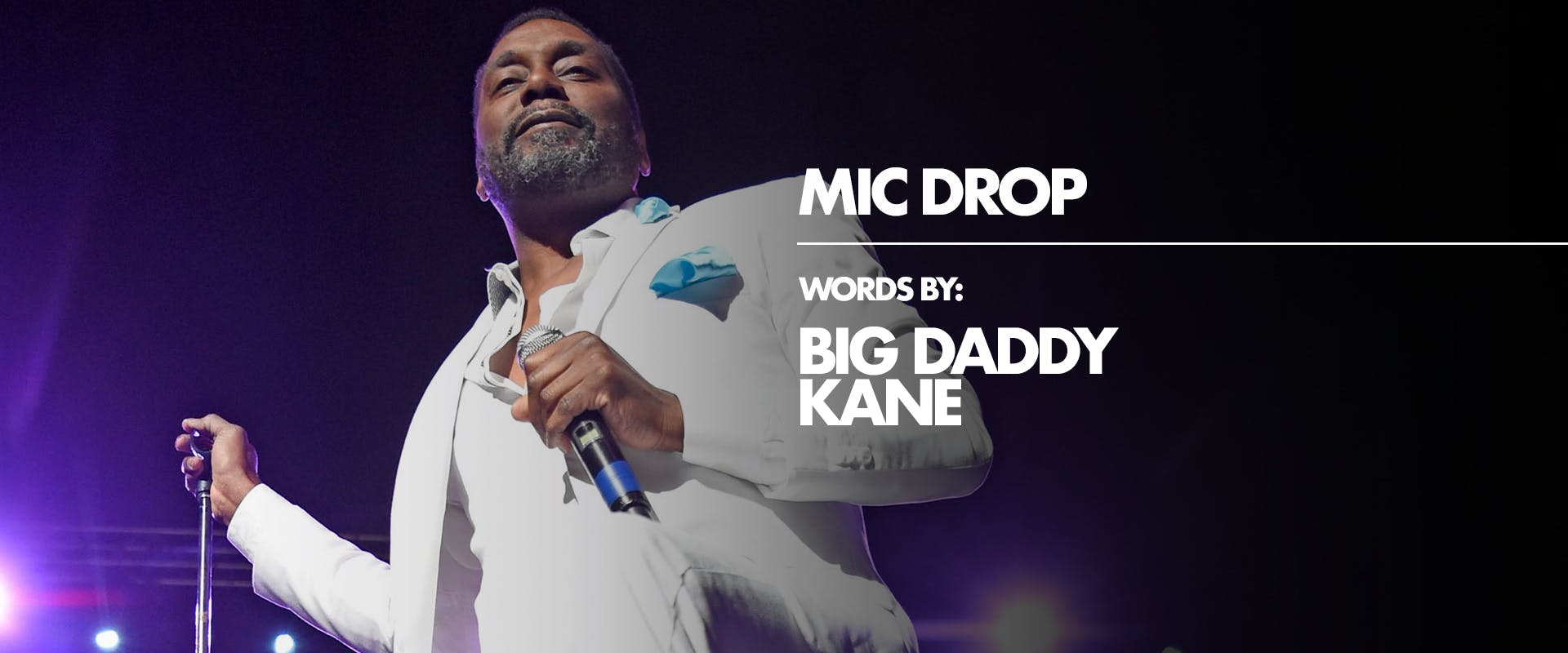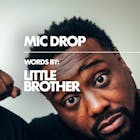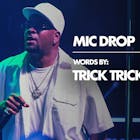Coming into the music industry as a Hip-Hop artist, I had the chance to tell the world my story: "This is what I've seen in my hood. This is what I've seen in my childhood. This is what I've seen in my journey to get here." And after that, the world was able to tell me their story: "Hey brother, I'm such-and-such years old and I'm a fan of your music."
I had the opportunity to see white guys reciting my lyrics. I'm hearing women telling me they're attracted to me. Learning their story, now I'm able to go back into the studio with a broader mindset: I need to do something for the ladies; I need to do something that's a little more multicultural so that everybody can appreciate this. I need to do something for the older generation that hated on Hip-Hop but now likes it because of me.
We have massive fans and we want to please them all. I have male fans and I have female fans. I have Black, white, Latino, Asian fans. I have United States fans, European fans, Brazilian fans, African fans. I have a large fanbase, and you want to do something creative that caters to all of them. That's my view.
After It's A Big Daddy Thing, me and Cold Chillin' founder Tyrone "Fly Ty" Williams, we had some disagreements as far as music and creativity. But, we managed to fix that. Me and Ty was on the same page, finally. But then, Benny Medina, from Warner Brothers—he had different views. And Warner Brothers was in control. Cold Chillin' wasn't in control, Warner Brothers was in control. That's where the final decision came from. Me and Benny just didn't see eye-to-eye, creatively. I wanted commercial success, but I wanted it on my terms. I didn't want to try and be like Hammer. I didn't want to try and be like LL. I felt like I was being molded into someone that already existed.








